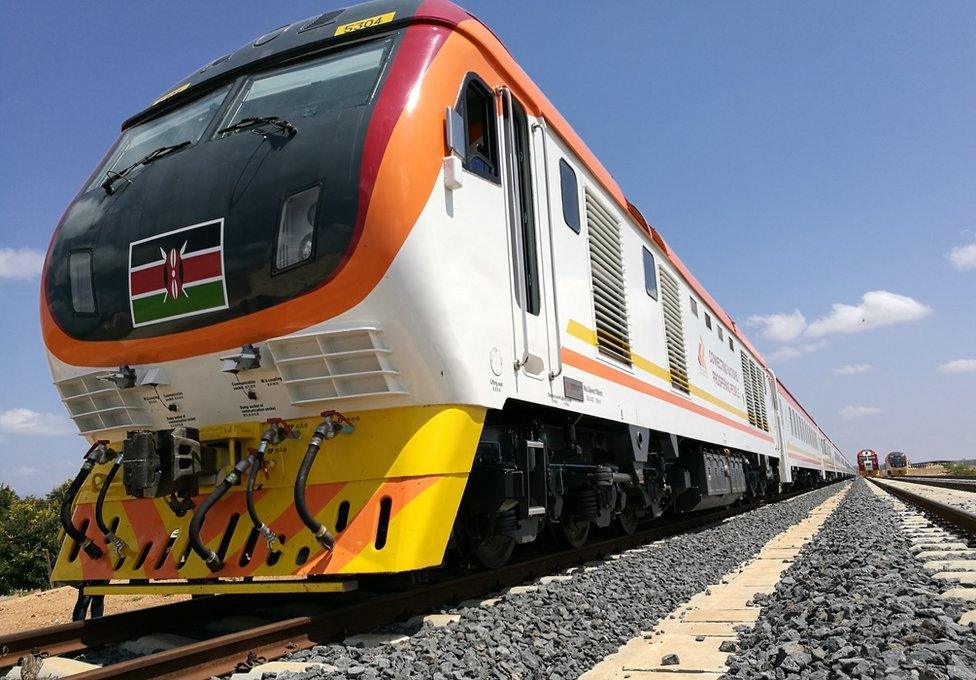Kenya Railways has issued a stern warning to motorists and pedestrians against the growing habit of driving, parking, or walking along railway tracks, saying the practice endangers lives and disrupts train operations.
In a notice released on Saturday, August 30, the Corporation emphasized that railway lines and reserves are exclusively designated for train use and must not be encroached upon. It warned that ignoring this directive could lead to severe accidents, property damage, injuries, or even loss of life.
“We remind all road users that railway lines and reserves are strictly designated for train operations only,” the statement read. The agency added that offenders risk facing legal consequences should they be found driving or parking on rail tracks.
Kenya Railways further urged the public to observe basic safety rules when approaching rail crossings. “For your safety and that of others, stop driving or walking along the railway track. Cross the railway line only at designated level crossings,” the Corporation stated, while appealing for public cooperation to maintain railway safety.
Although train accidents in Kenya are relatively rare due to the dedicated tracks on which they operate, the Corporation acknowledged that crashes do occur, often as a result of negligence by motorists or mechanical failures.
The warning comes in the wake of a tragic accident earlier this month that claimed the lives of eight people. On August 7, a company bus ferrying Kenya Pipeline Company employees collided with a freight train at Morendat Junction in Naivasha. According to eyewitnesses, the train struck the bus and dragged it for nearly 200 metres before coming to a halt. Eight passengers died on the spot, while several others sustained critical injuries.
Following the accident, Kenya Railways described the incident as “unfortunate” and reiterated the importance of vigilance at railway crossings. With the latest advisory, the Corporation is reinforcing its call for stricter adherence to road and rail safety guidelines to prevent further tragedies.

